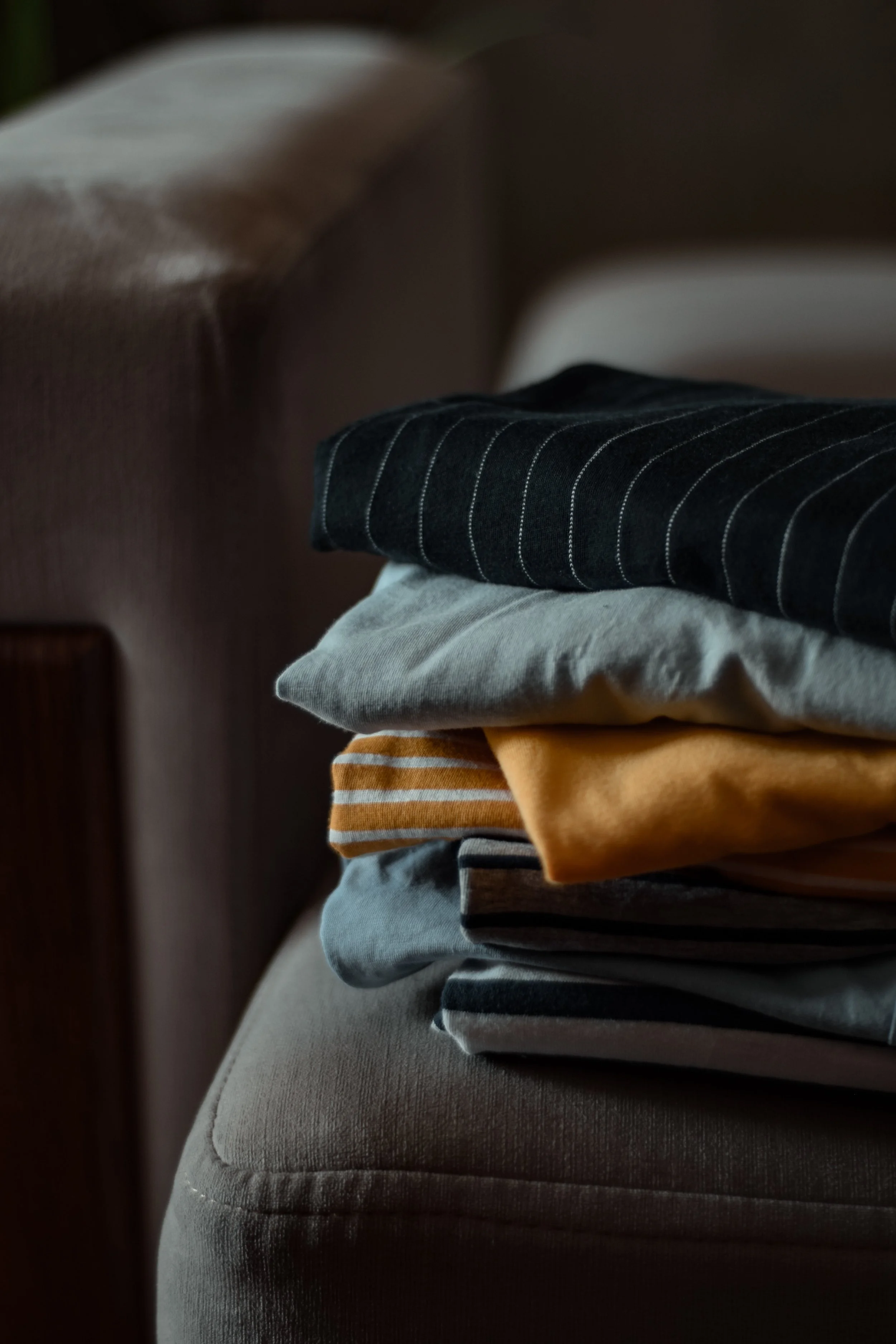The Effects of Shopping on Mental Health

Introducing mindfulness into your shopping habits
Cover Photo by Lucrezia Carnelos on Unsplash
Shopping can be a lot of fun as an activity, but it can definitely have a significant impact on our mental health. It's great to see that the fashion world is starting to pay more attention to mental health and mindfulness. For too long, the industry has been focused on superficial things like trends and appearances, and it's about time we shift the focus to what truly matters: our well-being.
The Effects of Shopping on Mood
On one hand, retail therapy can provide a temporary boost in mood and a sense of accomplishment. On the other hand, compulsive shopping or overspending can lead to a cycle of financial stress and anxiety, which can ultimately worsen your mental health.
The post-shopping high many people experience is the release of dopamine, a neurotransmitter associated with pleasure and reward. When we shop and make a purchase, our brains release dopamine, which can contribute to a temporary feeling of happiness. This is why many people turn to shopping as a way to cope with negative emotions or to celebrate special occasions. However, this dopamine release can also lead to a cycle of compulsive shopping or overspending.
The Dark Side of Consumerism
When we rely on shopping to boost our mood or self-esteem, we may feel the need to continue making purchases in order to achieve that same sense of satisfaction. This can lead to financial problems and feelings of guilt or shame, which can worsen anxiety and depression. Reliance on shopping as a mood booster has led to an influx in consumerism, with more shoppers developing serious shopping addictions with their purchasing purposes centered around obtaining possessions, rather than necessity.
Photo by Harry Cunningham on Unsplash
Research has shown that materialistic values and a focus on acquiring material possessions can lead to decreased well-being and increased levels of anxiety and depression. In a culture that often equates success and worth with material possessions, it's easy to fall into the trap of thinking that buying the latest fashions will bring happiness. With the pressure to keep up with popular trends, and the constant influx of advertisements and influencers promoting the latest products, it can be hard not to feel like we need certain items in order to ‘fit in’ or find happiness. This pressure can lead to feelings of inadequacy and low self-esteem, especially if we can't afford to keep up with these standards.
Furthermore, the act of shopping itself can be stressful for some people. Crowded stores, long lines, and the pressure to make quick decisions can all contribute to anxiety, and buyer’s remorse. For individuals with social anxiety or sensory processing issues, the chaos of a busy shopping environment can add insult to injury.
Mindfulness in Shopping
In recent years, there has been a growing trend of incorporating mindfulness and mental health into the world of fashion. This is a positive development, as the fashion industry has historically held a reputation of being superficial and promoting unhealthy standards of beauty . By bringing mindfulness and mental health into the conversation, fashion can become a more inclusive and compassionate industry that promotes self-care, conscious purchasing, and well-being.
In conclusion, shopping can have both positive and negative effects on mental health. While it can provide a temporary boost in mood, it's important to be aware and mindful of our habits and to seek alternative coping mechanisms when necessary. By setting boundaries and practicing self-care, we can ensure that shopping remains a healthy and enjoyable activity.
Here are a few ways to introduce mindful shopping into your life:
Set a budget and stick to it
Determine how much you can afford to spend and only make purchases within that range. This can help prevent financial stress and the guilt that comes with overspending.
Shop mindfully
Take time to consider whether a purchase is necessary and whether it aligns with your values and goals. Avoid impulse buying, and try to limit the amount of time you spend shopping.
Seek alternative coping mechanisms
If you find yourself turning to shopping as a way to cope with negative emotions, it may be helpful to explore other ways to manage your feelings, such as through therapy, exercise, or hobbies.
What are your thoughts on the relationship between shopping and mental health? Do you think it has a more positive or a negative effect? Let us know your thoughts below.
Meet Ghada (@ghadaalmajed): A human mom and a dog mom, who majored in English literature but found her true calling in co-founding the clothing brand @chaldeneco. She's always learning about environmental awareness in fashion and hoping to achieve a sustainable lifestyle. Mountains make her feel alive, therefore hiking is her favourite activity.






